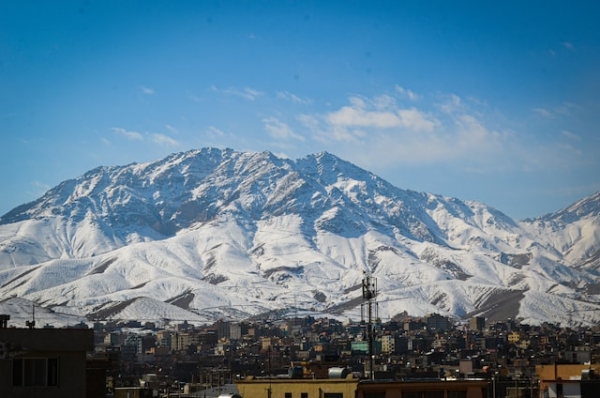Afghanistan is experiencing one of the coldest winters in decades. The record temperatures registered are below 33 degrees and the consequences on the civilian population are drastic. According to Taliban spokesman Shafiullah Rahim of the Ministry of Disaster Management, in the last two weeks the unprecedented temperatures in Afghan territory have caused the death of over 160 people and 80,000 head of livestock.
The devastating weather conditions add up to the serious humanitarian crisis underway. Indeed, the impact of the cold meets a society already dealing with the consequences of this crisis: food insecurity, malnutrition, precarious hygienic-sanitary conditions. According to the latest estimates from the World Food Programme, food insecurity seriously affects over 19.9 million people, while 6 million are facing an emergency level.
Furthermore, the conditions of internally displaced persons (IDPs) in the country are of particular concern. According to the latest report published by the United Nations Office for the Coordination of Humanitarian Affairs, since the beginning of the Afghan conflict and following the conquest of power by the Taliban, there are around five million people without safe housing, therefore more exposed and sensitive to these severe weather conditions.
The unstable internal situation in the country is also aggravated by the measures against women introduced by the new Taliban government. The obligation to wear the veil, severely punished in case of violation, and the prohibition of attending school facilities is added to the ban on working in non-governmental organizations. This recent measure greatly weakens the humanitarian assistance structures present in the area which used to employ a female workforce. The lack of humanitarian aid in the area - international development assistance had in fact been suspended immediately after the takeover of the Taliban government - is therefore aggravated by this legislative measure against women.
The serious humanitarian situation in the country, now greatly aggravated by the record cold recorded, makes the intervention of international organizations and the sending of humanitarian workers to the territory even more necessary. The current lack of humanitarian assistance risks worsening and further weakening the unstable internal Afghan situation. As stated by the World Food Programme, food and nutrition assistance must also be strengthened in view of recent climatic conditions.
To read more, please visit:
- https://reliefweb.int/report/afghanistan/families-struggle-survival-during-afghanistans-coldest-winter-decade
- https://edition.cnn.com/2023/01/24/asia/afghanistan-freezing-temperature-deaths-taliban-intl-hnk/index.html
- https://www.washingtonpost.com/world/2023/01/30/afghanistan-cold-winter-humanitarian/
- https://www.washingtonpost.com/world/2023/02/05/afghanistan-taliban-winter-hunger/
- https://www.washingtonpost.com/world/2023/01/26/afghanistan-cold-weather-temperature-winter
By Federica Tognolli







